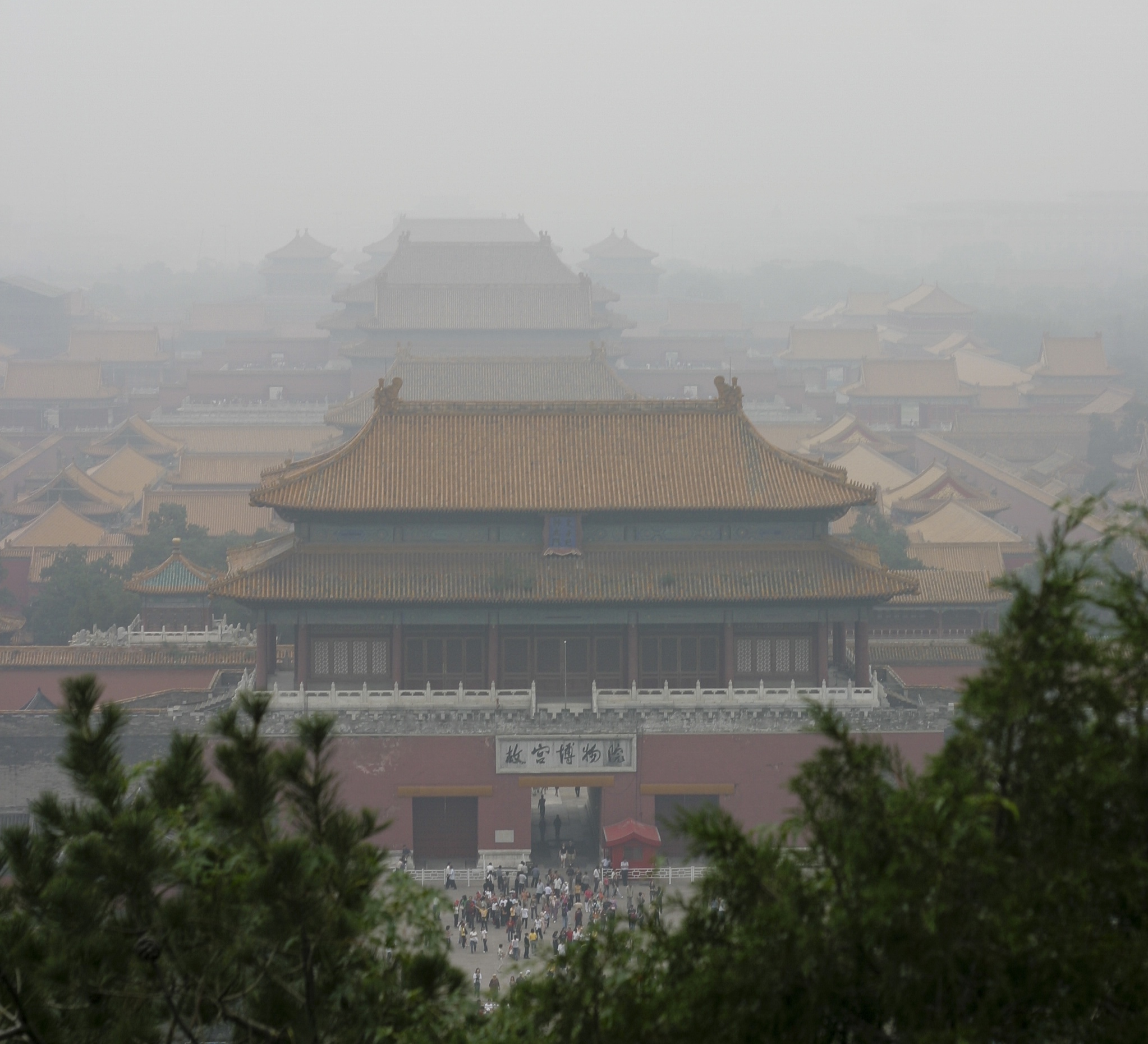The Sputtering Dragon
 China’s awe-inspiring economic growth over the past three decades has inspired envy, emulation, and animosity all over the world. As I have argued before, I think that China will be a major global player in this century and that its influence will increase over time. But as we learned the hard way in 2008, no matter how smooth an economic course may seem, there are, inevitably, unforeseen problems. China’s current growth model has buzzed along smoothly since Deng Xiaoping’s revolutionary reforms, but cracks have already begun to emerge in the model. Without fundamental structural reforms and increased domestic consumption over the coming decades, China’s economic growth will sputter out.
This is the fundamental issue addressed in a new report from the World Bank and China’s own Development Research Center on the State Council. In China 2030: Building a Modern, Harmonious, and Creative High Income Society. The basic premise of the report is that China must change its policy and institutional framework to strengthen the foundations of a market-based economy. Otherwise, the report warns, China could fall into the “Middle Income Trap,” where many developing economies have been floundering for decades, particularly in Latin America.
China’s awe-inspiring economic growth over the past three decades has inspired envy, emulation, and animosity all over the world. As I have argued before, I think that China will be a major global player in this century and that its influence will increase over time. But as we learned the hard way in 2008, no matter how smooth an economic course may seem, there are, inevitably, unforeseen problems. China’s current growth model has buzzed along smoothly since Deng Xiaoping’s revolutionary reforms, but cracks have already begun to emerge in the model. Without fundamental structural reforms and increased domestic consumption over the coming decades, China’s economic growth will sputter out.
This is the fundamental issue addressed in a new report from the World Bank and China’s own Development Research Center on the State Council. In China 2030: Building a Modern, Harmonious, and Creative High Income Society. The basic premise of the report is that China must change its policy and institutional framework to strengthen the foundations of a market-based economy. Otherwise, the report warns, China could fall into the “Middle Income Trap,” where many developing economies have been floundering for decades, particularly in Latin America.
The danger for China lies in the structure of its economy and the bubbles emerging due to its economic surge, as well as the stimulus and loaning binge from 2008. This boom in exports and investment, coupled with bubbles in the property market, create a situation that is markedly similar to the economic storm that ended the Japanese miracle. Despite common beliefs to the contrary, Japan didn’t stop growing relative to the United States simply because its population is smaller than ours, but because of an unbalanced economy whose inherent flaws caused a great bust. The prolonged economic malaise of Japan is merely the hangover from three decades of astounding export-led growth. China may well follow the same path, but without reaching an average income-level anywhere near that of its eastern neighbor.
The challenges are enormous and complex, but I have one simple reason for believing that there will be few, if any, structural changes to the Chinese economy: the lack of political will in the Chinese Communist Party.
China’s economy and society are heavily micromanaged by the party, and on the economic front they have scored astounding successes in the past few decades. However, hard-line conservatives have a powerful place in the party, and reform is unlikely to be on top of the agenda as long as growth figures remain so high. The selection of Xi Jinping is a case-in-point of this complacency. Xi is a well-groomed and well-seasoned party official who doesn’t seem to have any aspirations to rock the boat. Maybe Xi Jinping will surprise everyone and be the next Deng—a bold and visionary reformer bent on remaking China’s government and economy to lead the 21st century. I’m not betting on it.
It may not be the end of growth for China. It may not be the end of single-party rule (Although here, Gordon Chang makes a compelling argument that the Communist Party is in crisis). But a failure to skillfully adapt to a changing economic climate may prove to be one of the party’s biggest failures in the coming decades.
